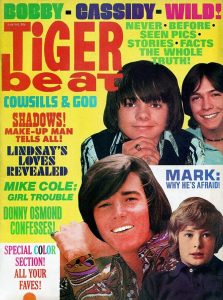You know what’s wrong with kids these days? I’ll tell ya what’s wrong with kids these days!
When I was a kid, everyone I knew was familiar with the aria “Votre toast je peux vous le rendre” from the opera Carmen, aka “The Toreador Song” (skip ahead to 1:12):
No, we weren’t opera buffs. Bear with me a sec.
Carmen is an unusual opera, given that its libretto was originally in French.
Here are the original lyrics in French:
Toréador, en garde! Toréador!
Et songe bien, oui,
songe en combattant
Qu’en oenoir te regarde,
Et que l’amour t’attend,
Toreador, l’amour, l’amour t’attend!
And here’s a rough English translation:
Toreador, on guard!
Toreador! Toreador!
And contemplate well!
Yes! Contemplate as you fight!
That a dark eye is watching you,
And that love is waiting for you,
Toreador! Love, love is waiting for you!
My friends and I didn’t have the first clue about Carmen, much less opera in general. We just knew a fragment of the aria with (at the time) mildly risqué alternative lyrics; a few years later we knew the aria with some other amusing lyrics we saw on TV.
You are now about to date yourself with one of three reactions:
- You’ll recognize the aria by its quasi-risqué English lyrics
- You’ll recognize it by the funny TV lyrics, or
- You don’t recognize it at all, in which case I would tell you to get off my lawn, but you already got bored and are watching pimple-popping videos or something instead.
Here are the mildly risqué lyrics:
Toreador!
Don’t spit upon the floor!
Use the cuspidor!
That’s what it’s for!
That’s not very naughty, you’re thinking. But this was a long time ago, when anything with even the most oblique reference to anything scatological or burps or farts or spitting or whatever was hysterically funny because they’d get you in trouble.1
Now, here is the TV version I mentioned: It occurred in an episode of Gilligan’s Island titled “The Producer.” In “The Producer,” a film producer crash-lands on the island, so the castaways create a musical version of Shakespeare’s Hamlet.
As one does.
So they cobble together a mashup of various operatic fragments with (sort of) the plot of Hamlet. In this case they mashed up Lord Polonius’ speech to Laertes (and here are the funny TV lyrics I mentioned earlier):
Neither a borrower nor a lender be
Do not forget! Stay out of debt!
Think twice, and take this good advice from me:
Guard that old solvency!
There’s just one other thing you ought to do:
To thine own self be true!
(Skip ahead to 3:30 in the video):
Shockingly, Gilligan’s Island didn’t rack up lots of awards. But “The Producer” snagged a spot on TV Guide’s list of the top 100 TV episodes of all time.
“The Producer” reminds me of some of the best material from Warner Brothers’ cartoons or Sesame Street: They can produce high-quality, hilarious entertainment that both children and adults love. Not because it appeals to a lowest common denominator with fart or poop jokes (don’t get me wrong—well-executed fart or poop jokes can be a pleasure sublime).
No, it’s because they can appeal to children at their level and adults at their level2 (I could get into a similar comparison of The Rabbit of Seville, or “What’s Opera, Doc?” (same here), for instance, both of which should have won Nobel Peace prizes).
Like every generation ever, today’s kids think they invented everything cool—sex, f’instance. Or more specifically in this case: Memes.
A meme is a little snippet of a cultural fad or joke all the cool kids know. But kids these days didn’t invent memes. They just dumbed them down.
Memes these days are some idiot on Dr. Phil saying “Cash me ousside; how bow dah?” Or a gamer screaming “Leeroy Jenkins!” as he gets all his teammates killed. Or dabbing, or Nyan Cat, or Grumpy Cat, or Ceiling Cat Is Watching You Masturbate, or Philosoraptor or Tide Pod Challenge or a zillion other things.
Many of these are rib-cracking funny, but they don’t go anywhere. They’re a mile wide and an inch deep. Flashes in the pan.
If you visit Know Your Meme and search for popular memes, you’ll find references to a funny line in a show or amusing accident or bizarre news story that caught the public’s attention: DAMN, Daniel!; Oh, wait: You’re serious? Let me laugh even harder!; Ermagerd! Gersberms!—stuff like that.
And since the Internet has given most people the attention span of a hummingbird on crack, I guess that’s nothing to sneeze at.
But again: They don’t go anywhere. With memes, the name of the game isn’t to suss out where they came from and who started it and where they got the idea from and other interesting trivia. With current memes, the goal is to acquire photographic memory of the words or photos accompanying the meme so you can toss them out there online so everyone will chuckle at how smart you are.
And how does one acquire this encyclopedic knowledge? Simple: By staying online and plugged in 24/7/365.
While No. 1 Son and The Chowder were growing up, Best Half worked Saturdays for a few years; a bit later I worked as a freelance contractor with super-flexible hours.
I had the privilege of spending many priceless hours with my kids at museums, bookstores, the library and so on.
But sometimes when I was busy with contract work, we hung out at home and watched movies. For Christmas one year, First Sister gave me a set of all the Warner Brothers cartoons ever made; I already owned all of Mel Brooks’ movies on DVD as well, along with most Monty Python movies, and the unrivaled kings of spoof movies: Zucker, Abrahams and Zucker, producers of Airplane, Airplane II, Top Secret! and the Naked Gun flicks.
Memes are the cultural equivalent of trivia quizzes. These days “spoof” movies are just strings of loosely related trivia facticles, but truly great spoofs are more than trivia quizzes. If you want to produce truly great spoofs like Blazing Saddles or Airplane!, you have to love the genre you’re spoofing, love it enough to turn it inside out in a way true aficionados of Westerns or disaster movies will recognize instantly.
Old-school memes like The Toreador Song are funny and viral, yes, but if you get interested in where they come from, you won’t see info like “This meme started when Bender the robot said ‘Oh, you were serious? Let me laugh even harder’ on Futurama.”
That’s what I think, anyway. YMMV. Get off my lawn.

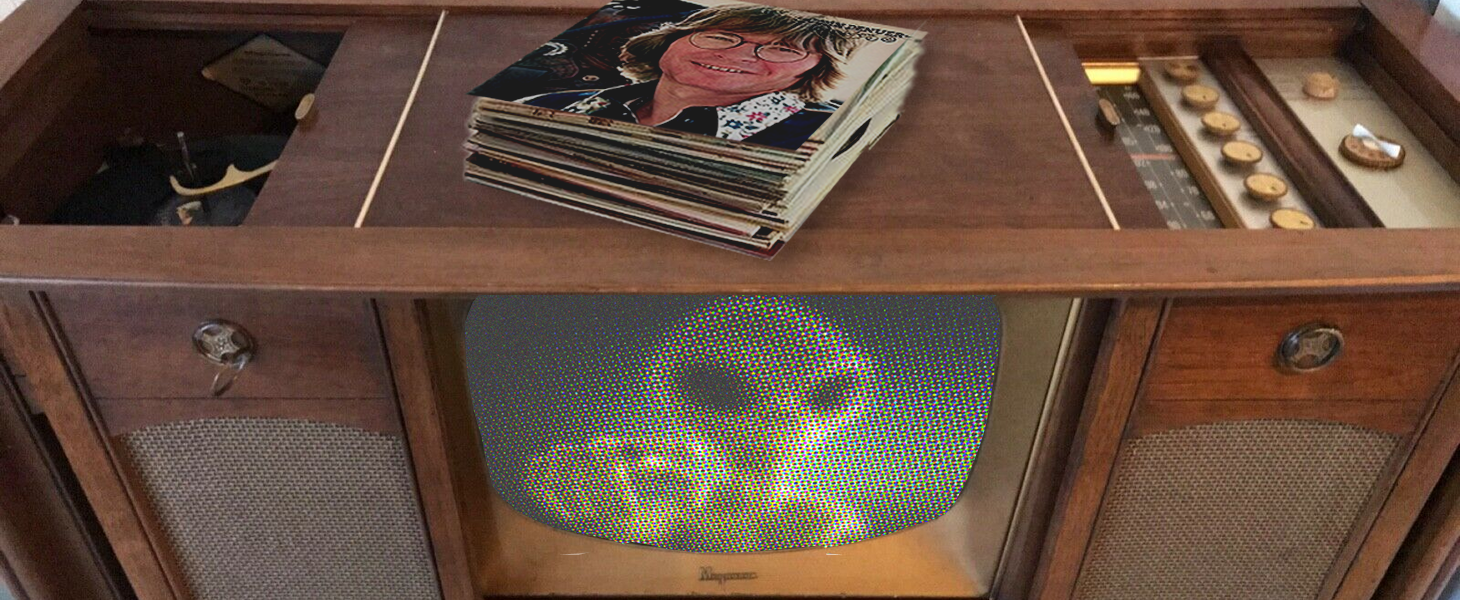
 Based on his given name and place of birth, there are only two possible conclusions that can be drawn:
Based on his given name and place of birth, there are only two possible conclusions that can be drawn: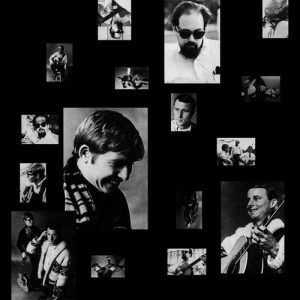 John Denver Sings, 1966:
John Denver Sings, 1966: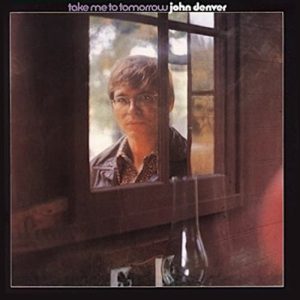 Take Me to Tomorrow, 1970:
Take Me to Tomorrow, 1970: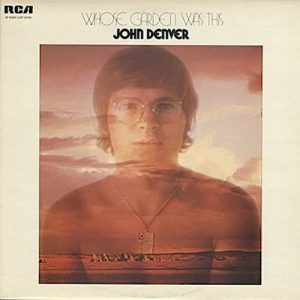 Whose Garden Was This, 1970
Whose Garden Was This, 1970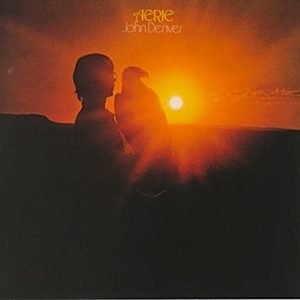 Aerie, 1971
Aerie, 1971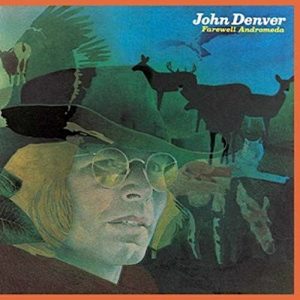 Farewell Andromeda, 1973
Farewell Andromeda, 1973 One World, 1986
One World, 1986
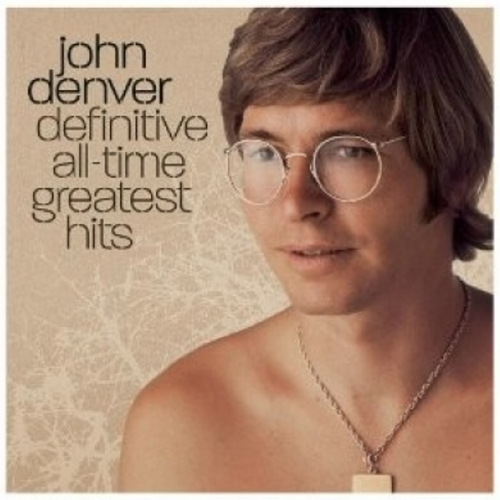
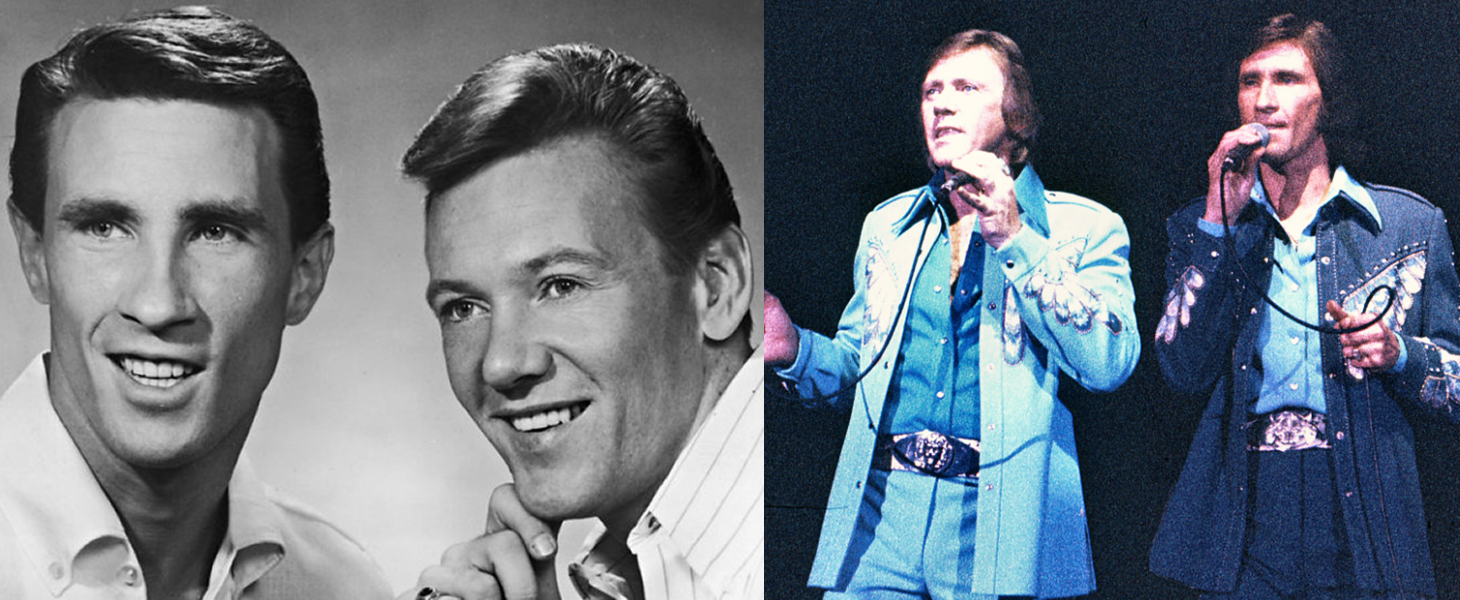
 So anyway, The Partridge Family was neither a family nor a band. It was a TV show with a bunch of actors pretending to be a band that didn’t exist, except they did kind of exist because you could go to Woolco or Sears and buy 45 RPM singles labeled The Partridge Family, even though the songs were performed by David Cassidy with a band of generic musicians, which conspicuously lacked a 10-year-old bassist and a 7‑year-old drummer.
So anyway, The Partridge Family was neither a family nor a band. It was a TV show with a bunch of actors pretending to be a band that didn’t exist, except they did kind of exist because you could go to Woolco or Sears and buy 45 RPM singles labeled The Partridge Family, even though the songs were performed by David Cassidy with a band of generic musicians, which conspicuously lacked a 10-year-old bassist and a 7‑year-old drummer.